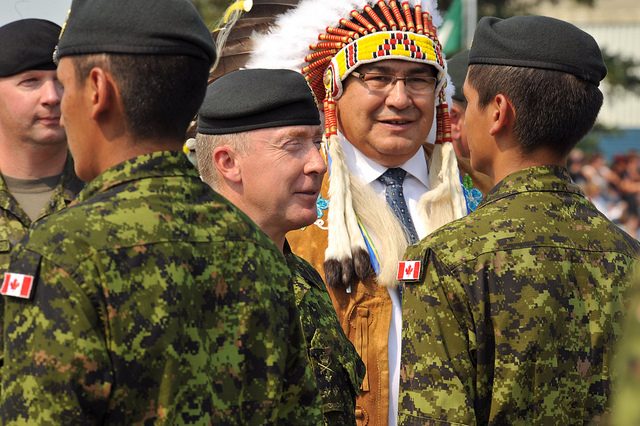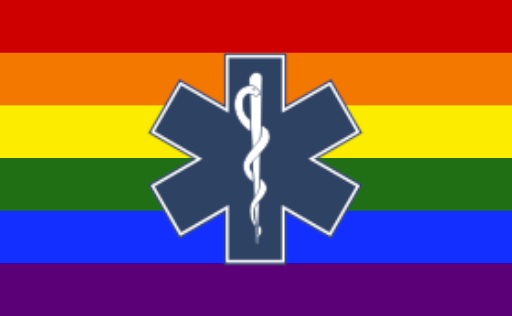By Simon A. Miles
The recent laying of charges against naval intelligence officer Sub-Lieutenant Jeffrey Paul Delisle has sent the Canadian news media into a tizzy, reminiscent of Cold War intrigue. At the time of his arrest, Delisle was working as a naval intelligence officer with HMCS Trinity in Halifax. The Department of National Defense has thus far not been forthcoming with details regarding the nature of the information SLt. Delisle is alleged to have leaked to a “foreign entity,” but the press has of late been all to willing to fill in these gaps with conjecture.
It is known that the HMCS Trinity facility is a naval communications and intelligence centre where information from civilian and military sources is collected and analyzed. Given his junior rank, it is not clear how valuable the intelligence was that he was privy to – though it is certain that he was granted a Top Secret security clearance – but he certainly would have a significant knowledge of sensitive tactical (i.e. the position of ships and maritime countermeasures) and strategic (i.e. the way in which Canada or the US would respond to a maritime threat) information. The case has two especially interesting facets, which are my focus in this article: the role of Russia in the affair, and what impact this will have on Canada’s international standing.
The names of two Russian diplomats – one of them a defence attaché – and two technical staff at the embassy have been dropped from the government’s official list of diplomatic, consular and foreign government representatives recognized. This prompted a flurry of hastily-drawn conclusions that this was in direct retaliation for a major Russian role in Delisle’s espionage activities. These four, it was presumed, were his contacts in the Russian Federation’s embassy in Ottawa to whom he passed classified information. With time, reports surfaced that both of the diplomats had left the country before charges were laid and the Russian foreign ministry adamantly denied that they had been expelled. Indeed, LCol. Dmitry Fedorchatenko left in early November after nearly three years in Ottawa, while political attache Konstantin Kolpakov left Canada at the end of December following nearly five years in Canada. Canada and Russia are at loggerheads over issued of arctic sovereignty and Russian reconnaissance flights in the north; and in general there is little love lost between the two governments. However, there is nothing more than tenuous circumstantial evidence that there is a direct Russian involvement in the case.

Regarding Canada’s future relations with its allies, those soothsayers who predict that Canada’s stock will fall considerably in the eyes of its allies are similarly overreacting. The US, after all, is still prosecuting Pvt. Bradley Manning (of WikiLeaks fame), and all of Canada’s allies are keenly aware that any consternation started by them regarding Canada’s perceived unreliability would very well revisit them in the eventuality that they face a similar set of circumstances.
In short, cries of Russian skullduggery and Canadian embarrassment are ill-founded. Look forward to the NATO Council of Canada keeping you abreast of future developments in this story in the future.
Further Reading: Decoding the case of alleged Canadian spy Jeffrey Paul Delisle; Ottawa expels Russian diplomats in wake of charges against Canadian; Russian diplomats left Canada weeks before Halifax espionage arrest; Military releases first photo of officer accused of espionage



